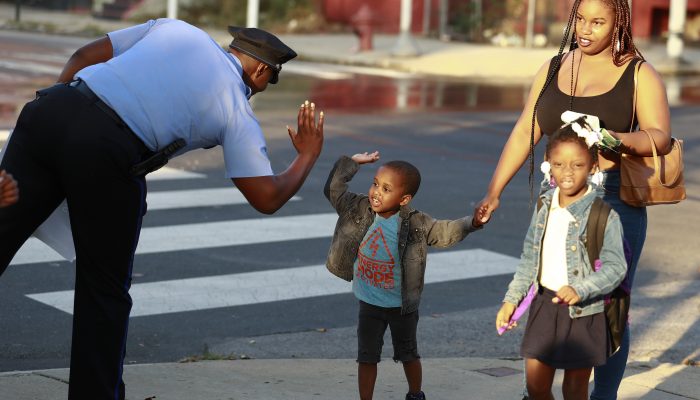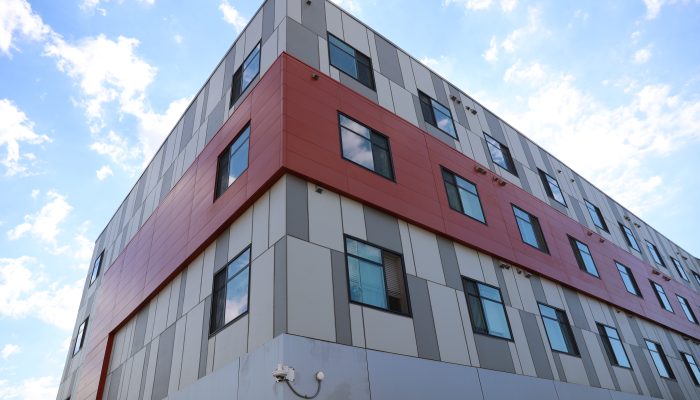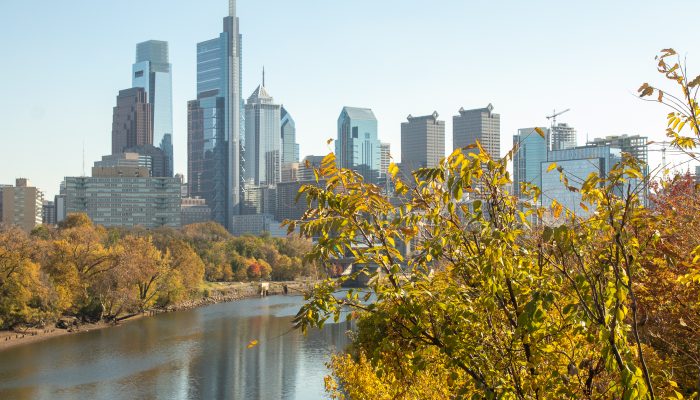Today, Mayor Kenney shared his Fiscal Year 2021 Budget and Five-Year Plan. It features important new investments focused on the top priorities for his second term, including reducing gun violence, investing in education, and making streets safer and cleaner.
Investing in Modern Policing
Mayor Kenney’s FY21 budget calls for $5.7 million to expand Philadelphia Police Department’s Operation Pinpoint. This program is showing positive results. Year to date, the program showed a 17 percent decrease in homicides. It also recorded significant decreases in shooting victims in Pinpoint areas. Because of this success, the City has plans to expand Pinpoint to three more police districts.
We will also increase the use of body-worn cameras and improve training to eliminate racial bias. This budget also allows the City to hire public safety enforcement officers. They will help ensure more police officers are where we need them most, in neighborhoods preventing violent crime.
The budget also address issues of gender discrimination and sexual harassment within the Police Department. The City has earmarked $360,000 to expand the capacity of the Employee Relations Unit of the Mayor’s Office of Labor—to streamline the investigatory process.
The Mayor also committed to fighting for improvements to PPD’s disciplinary process as part of upcoming union negotiations. The Kenney administration will work with the FOP to protect the rights of our officers, while also strengthening Commissioner Outlaw’s ability to hold bad cops accountable.
Investing in Reducing Gun Violence
The City continues to invest in programs to reduce and prevent the gun violence that’s been tearing our communities apart. This budget adds $8 million a year for the implementation of the Philadelphia Roadmap for Safer Communities to complete the following:
- Expand the Community Crisis Intervention Program,
- Fund a rapid response team that can respond to communities experiencing trauma,
- Continue making targeted community investment grants,
- Expand youth employment programs, and
- Reduce neighborhood blight.
The Mayor also committed to launching Group Violence Intervention, also known as Focused Deterrence. This strategy involves outreach to the small and active number of people involved in street groups to offer training and employment for compliance with the program.
To support initiatives like Group Violence Intervention, $2 million will fund a new transitional jobs program. This model has reduced violence in other major cities since crime stems from poverty and lack of opportunity. The city will provide job training and jobs to residents at the highest risk of being involved in violence.
These strategies aim to reduce homicides by 30 percent and shootings by 25 percent by the end of Mayor Kenney’s term.
Investing in Criminal Justice Reform
The Mayor’s proposed budget builds on the success of Philadelphia’s ongoing criminal and juvenile justice reform efforts.
The Office of Reentry Partnerships will streamline connections to the resources that residents returning from incarceration need to thrive. This includes basic needs, high-quality workforce training, housing, and other support.
We’ll also launch our first Neighborhood Resource Center. This will be a place where people can report to their probation officer in their neighborhood. They will also be able to access services alongside family members and neighbors. The vision for NRCs is to remove barriers and transform supervision to ensure that people receive the support they need to move forward.
The City will also work with our partners to make Philadelphia’s pretrial system more equitable, working to eliminate cash bail. This practice causes people living in poverty to say longer in our jails awaiting trial because they cannot afford to pay for their freedom. We are also increasing opportunities for diversion away from the justice system at the point of law enforcement contact. That way people can get the services they need.
These efforts will help us promote safety and racial equity while reducing the jail population by 50 percent from where it was in 2015. The City will also continue its criminal justice reform work through the MacArthur Foundation Safety and Justice Challenge.




